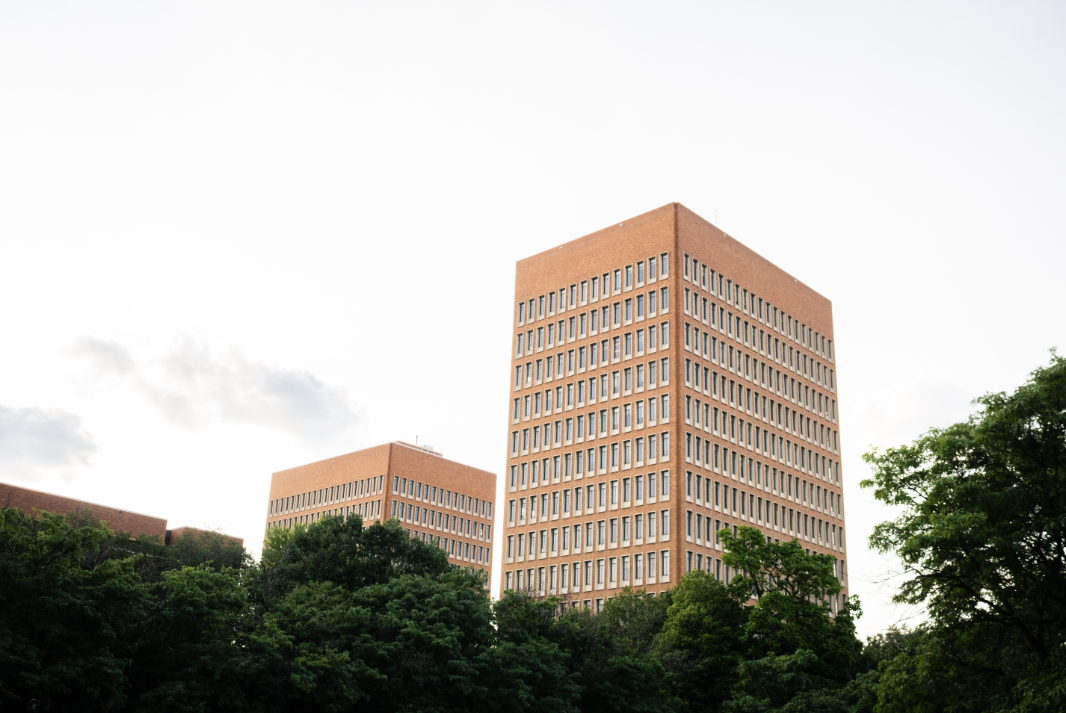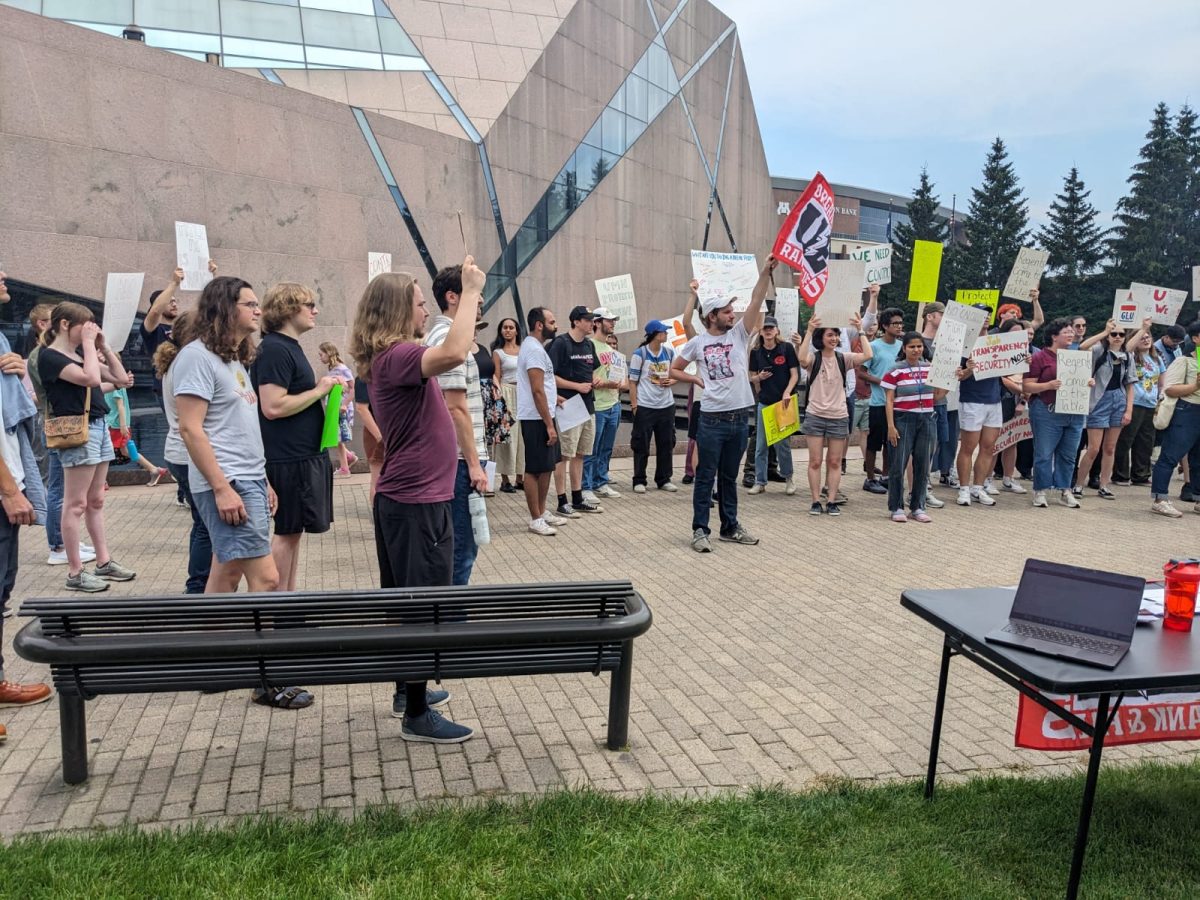Beginning Jan. 31, the Minnesota state legislature will convene with plans to focus on a record-breaking projected $7.7 billion surplus, a $936 million budget request for the University of Minnesota, and improving economics and housing.
The surplus is going to be the main issue facing legislators this session, as it is the largest surplus the state has ever seen, with the second-largest as $4 billion in 1999, without adjusting for inflation. Many legislators are looking for ways the excess budget can help all Minnesotans, including students.
“There is a once in a generation opportunity to make investments in our state,” Rep. Connie Bernardy said. “The projected funds that we’re having come into gives us the opportunity to look at, ‘What can we do to really make a difference and invest in the state?’”
In early December 2021, before the spread of the Omicron variant, Minnesota Management and Budget (MMB) anticipated the surplus to reach $7.7 billion by the end of the 2022 session. MMB said Omicron will likely affect the overall estimate but the organization will have a firm number after tax collection in April.
Board of Regents asks for nearly $1 billion
The Board of Regents approved a budget proposal on Dec. 17, asking for an additional $936 million to aid with building requests on top of its regular budget. To contrast, the Board asked for $46.5 million from the legislature in 2021 and for $87 million in 2019.
The University typically submits budget requests in odd years, but because of the surplus, regents are asking for more one-time-only funds this year. This year the legislature will work on a bonding bill designed to address physical infrastructure upgrades or repairs, including its supplemental budget.
The proposal includes building renovations for basic maintenance across the University system, a new chemistry building on the Twin Cities campus and security upgrades across the University’s five campuses.
Senior Vice President for Finance and Operations Myron Frans said that of the $100 million allocated for security, $90 million would be for one-time upgrades, such as building access, security cameras and the University’s IT infrastructure safety.
Frans said it would take about three years to fully implement security and safety changes if the full proposal is funded.
“If there was ever a time to be bold, it is now,” said Steve Sviggum, vice chair of the Board of Regents. “These requests are all much needed for the University to fulfill our mission for Minnesota.”
The Board is also asking for $65 million as a yearly investment to increase aid for the Promise Scholarship Program, which provides scholarships for Minnesota residents attending one of the five University of Minnesota campuses.
“You need to look at what out-of-pocket expense is for each individual student and through the grants and scholarships,” said Sen. Jason Rarick, vice chair of the Senate Committee on Higher Education. “We’re trying to help the students [who] can least afford college to lower that out-of-pocket expense as much as we can.”
Looking at other issues impacting state legislature
Sen. Kari Dziedzic, whose district includes the University area, said the economic recovery is the most important issue to her this session.
“When we have this budget discussion, what we need to do is to literally target to help those who the pandemic has really hit hard,” Dziedzic said. “When you look at data, it is people of color and Indigenous and low-income families.”
Dziedzic said she supports housing vouchers for nearly 550,000 Minnesotans and intends to build momentum for a bill she introduced last session to achieve the same goal.
Sen. Greg Clausen said while the budget process will undoubtedly play roles in deliberations this year, especially in education, to remember that there are other issues, like the 2022 elections, on legislators’ minds.
“During election years, there’s not a lot of big issues that get moved forward, quite honestly,” Clausen said.
Correction: A previous version of this story misstated the location of the chemistry building listed in the proposal. The chemistry building is located on the University of Minnesota Twin Cities campus.




























